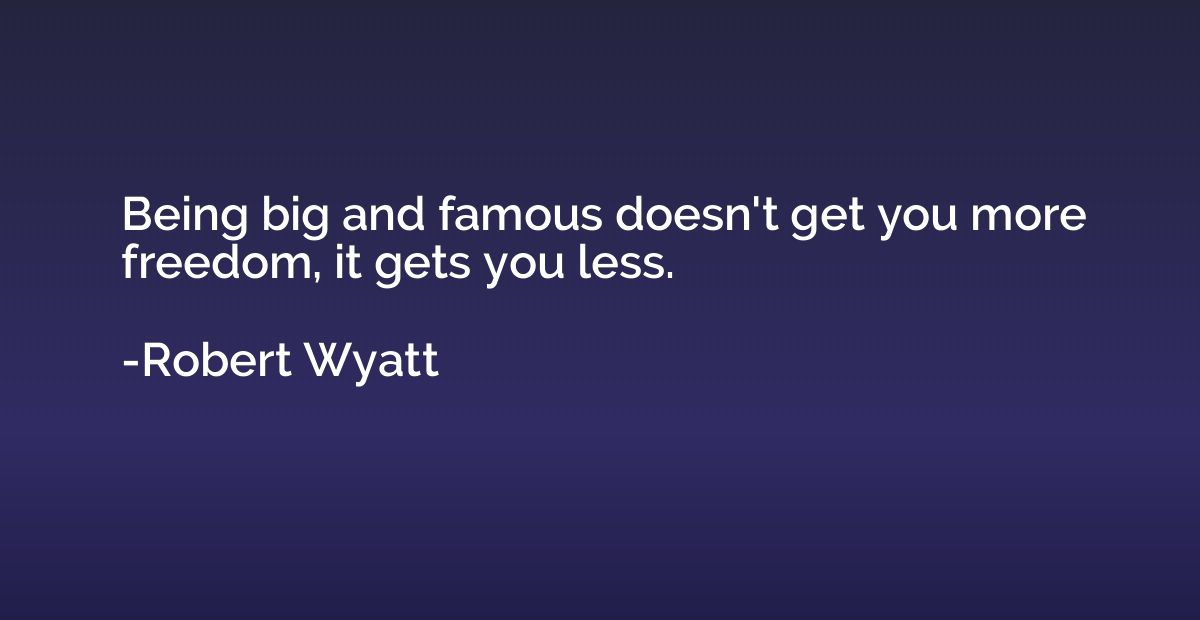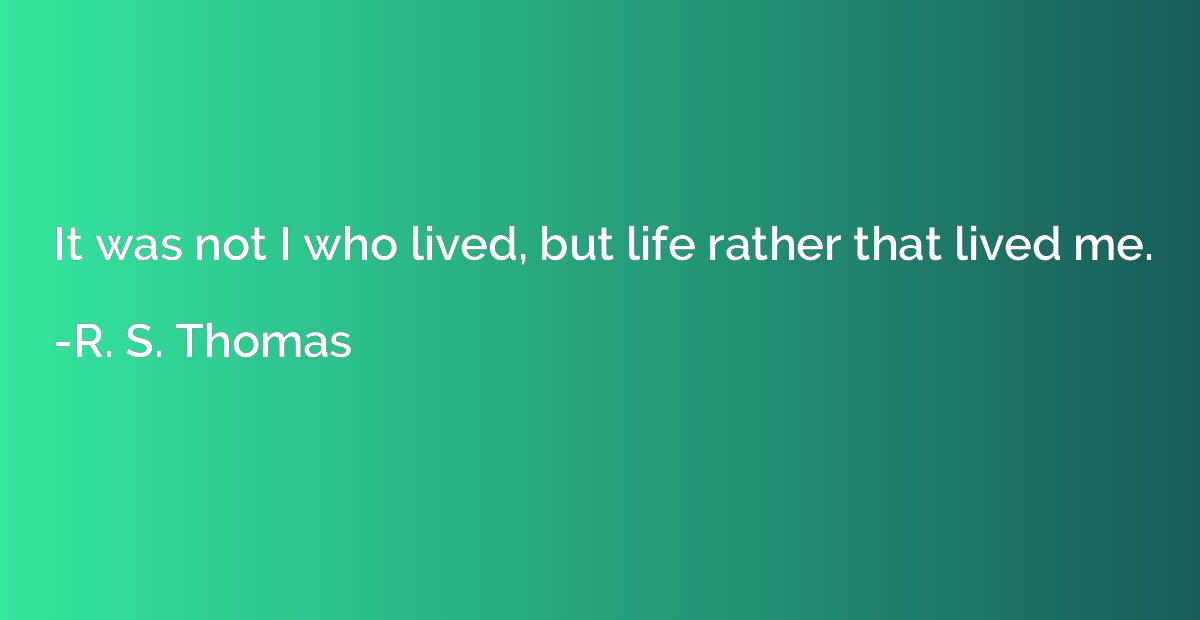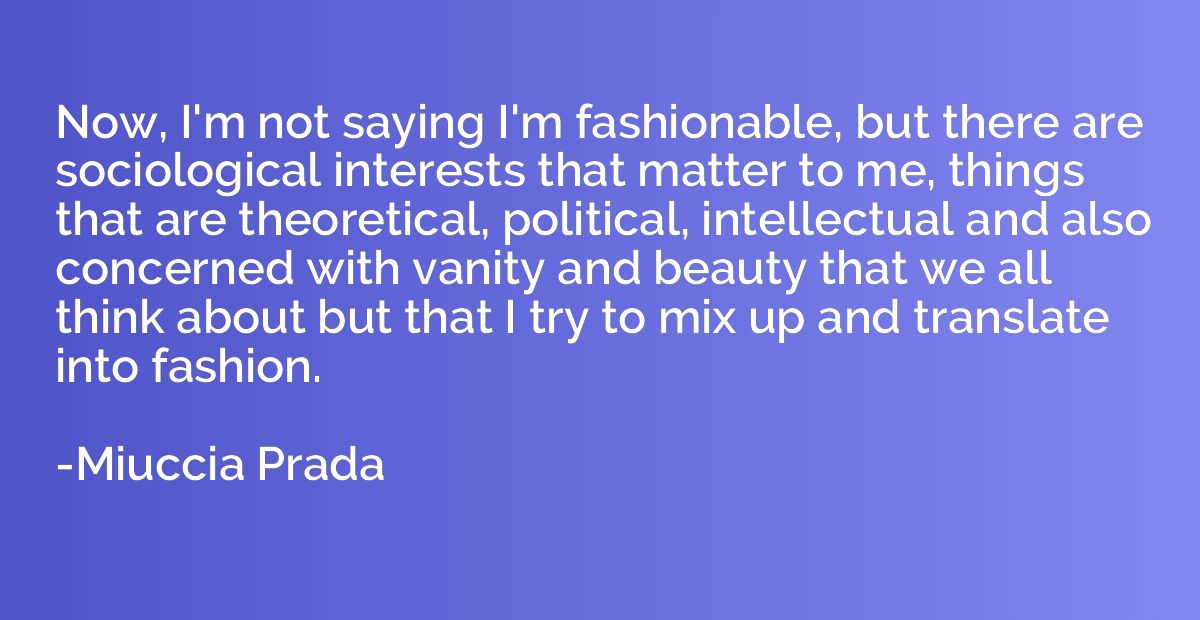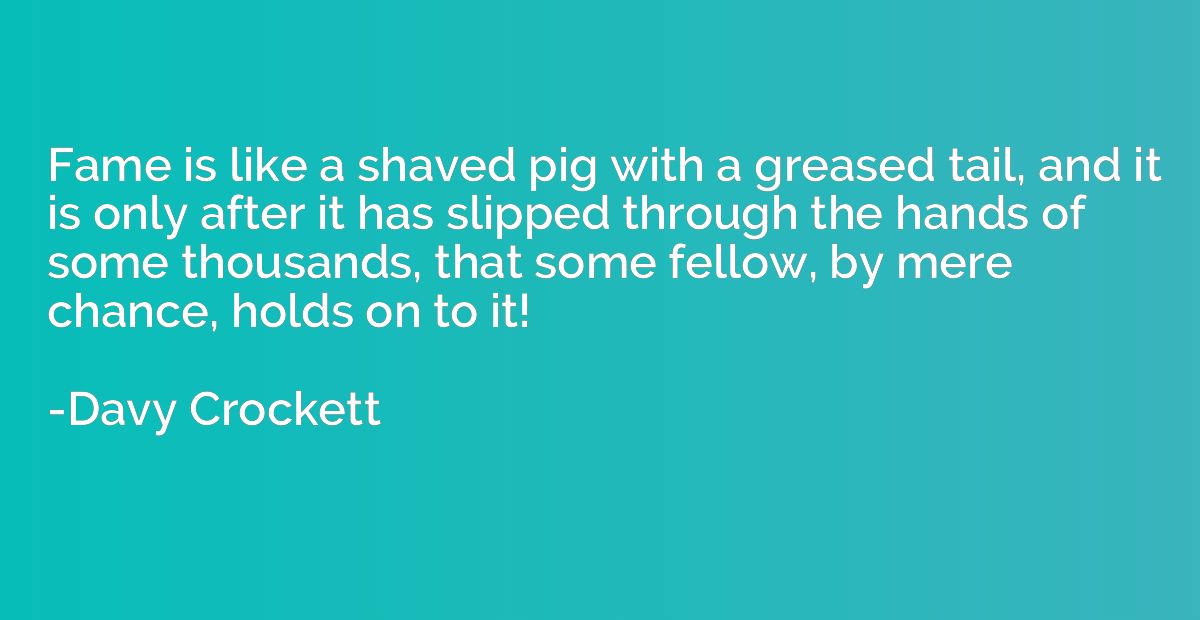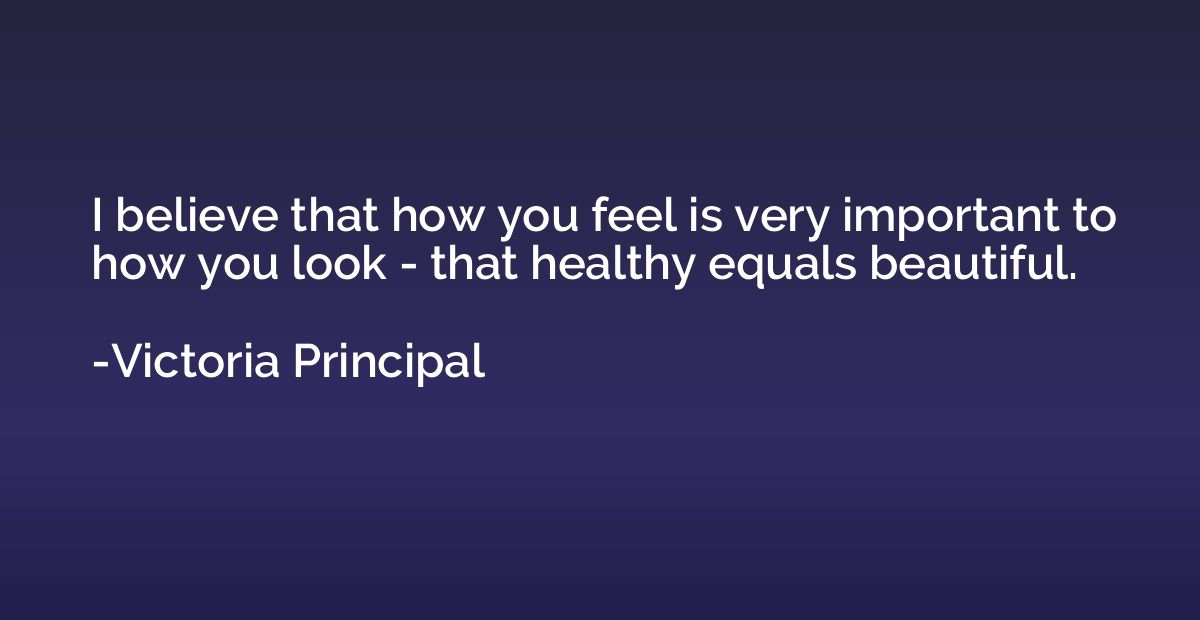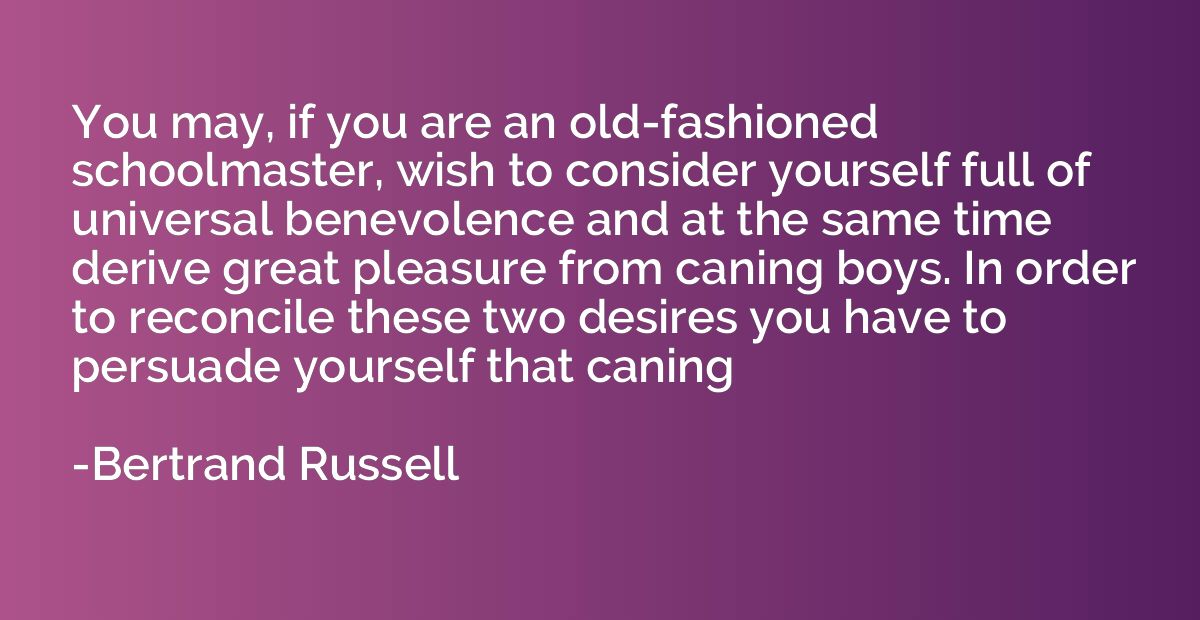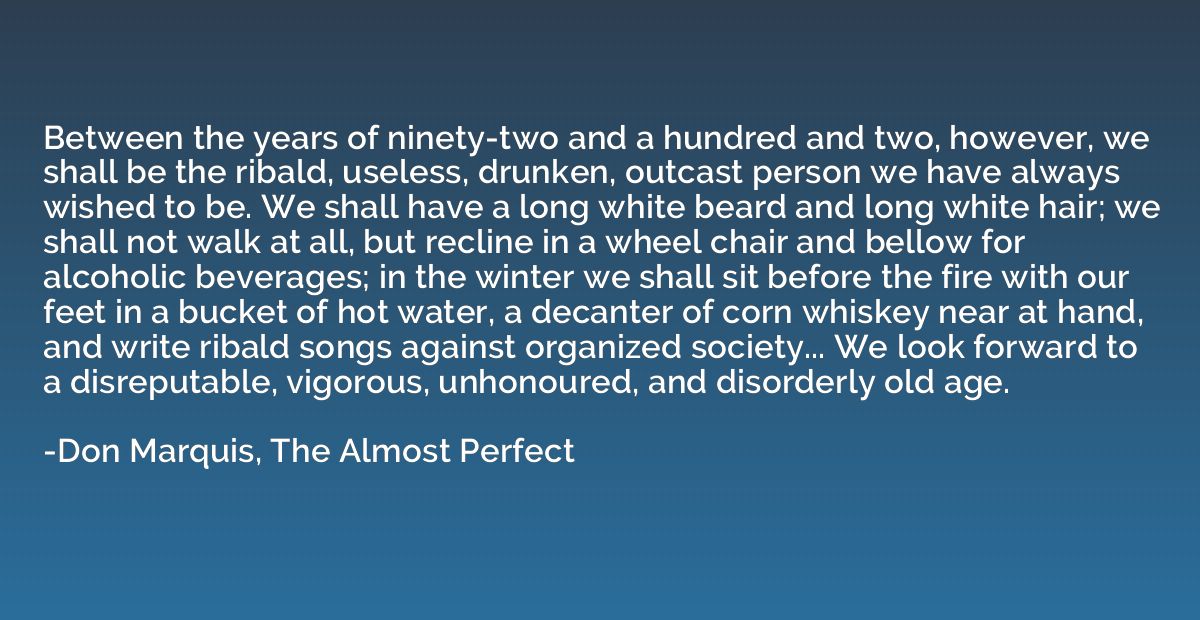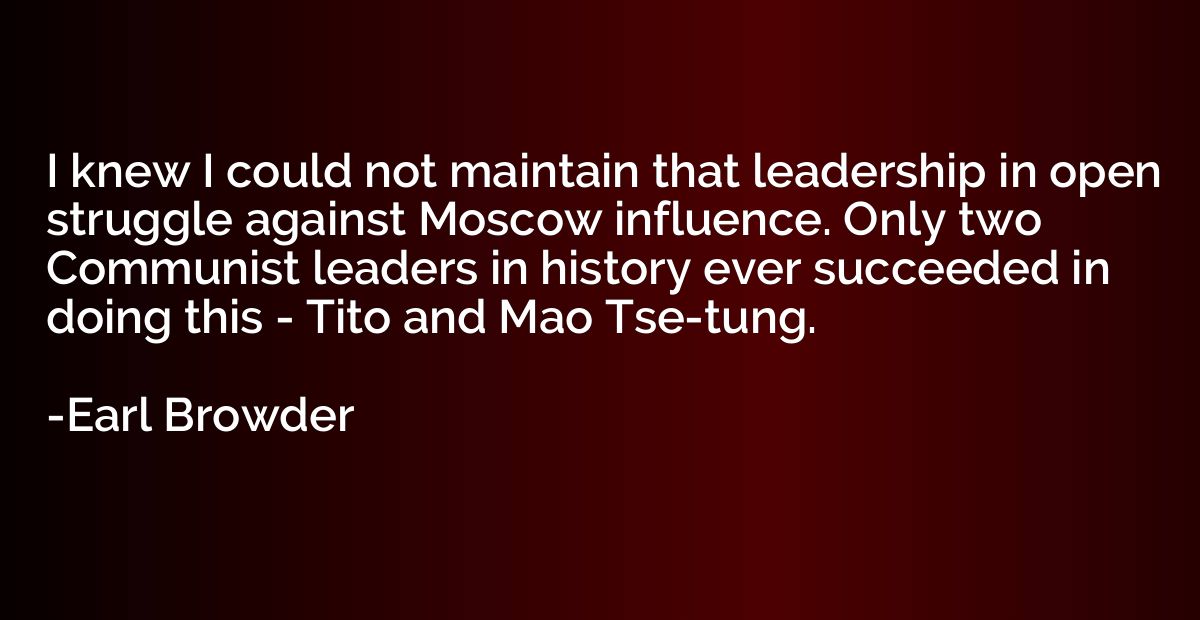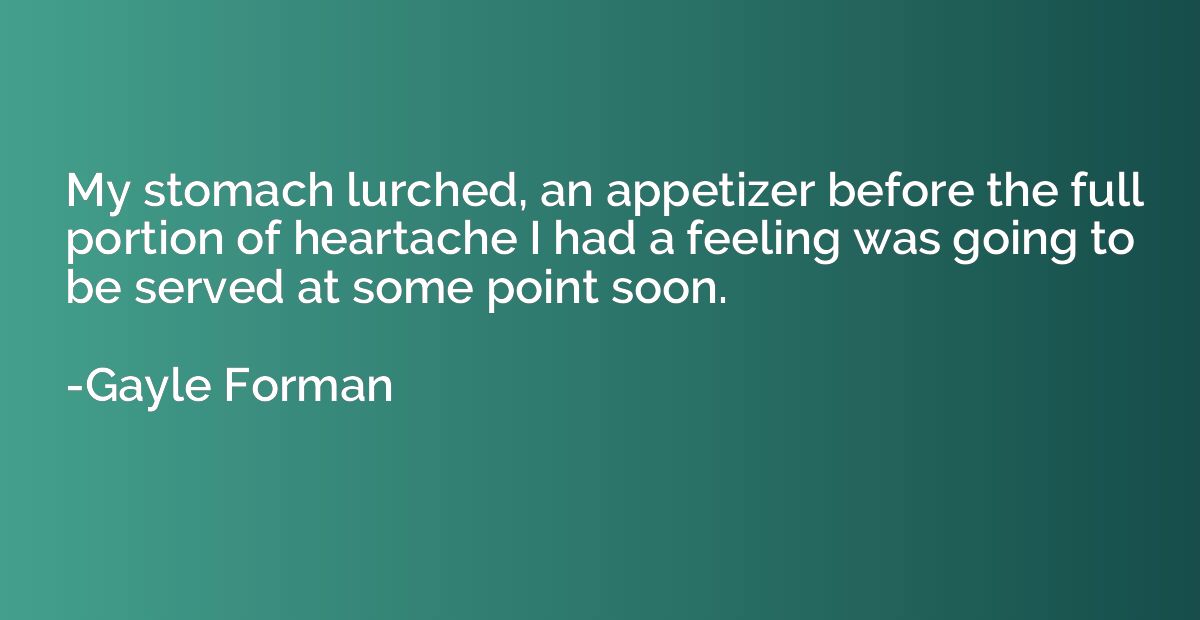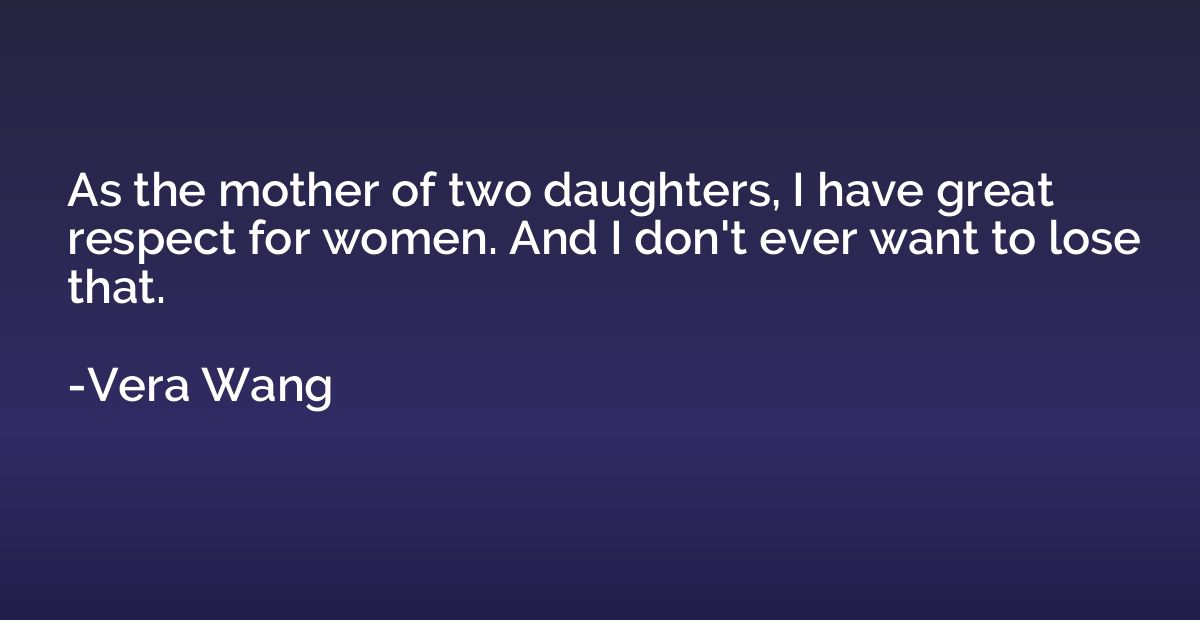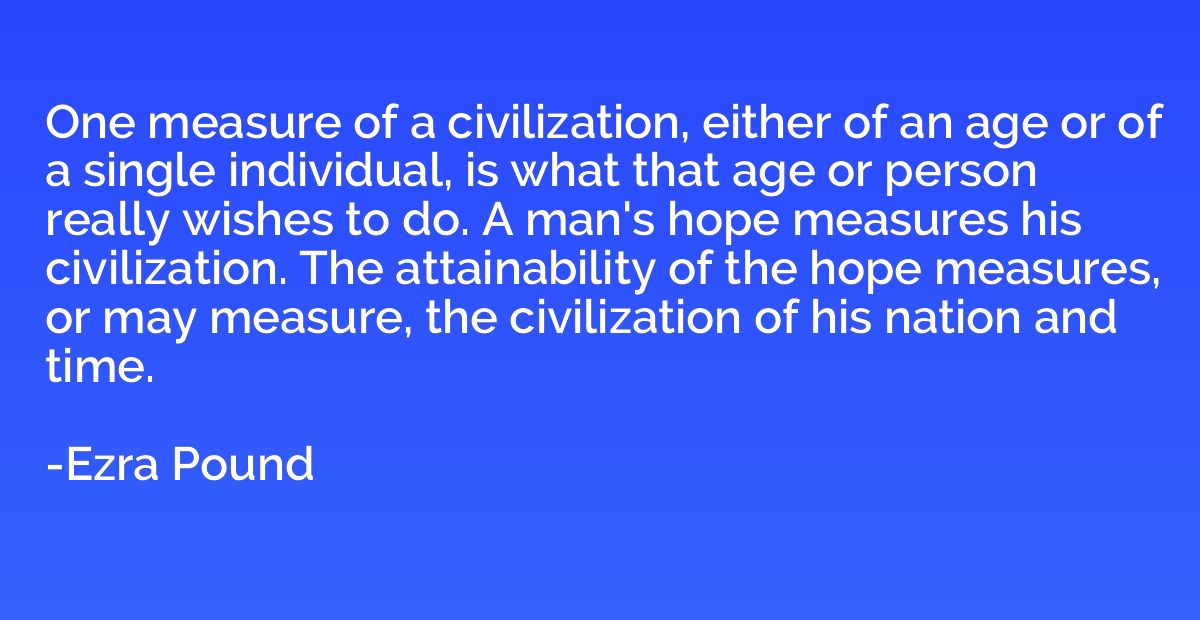Summary
This quote suggests that being renowned and influential does not necessarily result in increased freedom, but rather diminishes it. It implies that fame and popularity come with more obligations, expectations, scrutiny, and limitations, which can restrict one's autonomy and personal choices. Despite the perception that success grants freedom, this quote argues that it often imposes constraints on individuals, preventing them from living as freely as they might desire.
Topics
Famous
By Robert Wyatt
